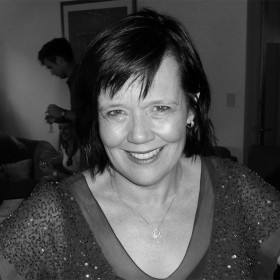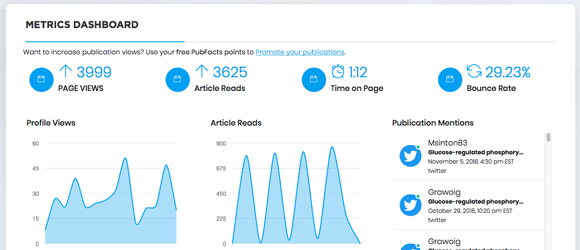 I am a consultant psychiatrist working in a semi-rural practice. I graduated in medicine from the University of Western Australia in 1989 and achieved RANZCP in 1997. I have always been fortunate to enjoy what I do and to find peoples' stories fascinating.
I have come to research late in my career. I was inspired by an article in AJP 2012 Mc Main et al,�which found that the�positive outcome from general psychiatric care was equal to that in a specialty DBT program. The question was raised as to the features of general psychiatric care that were effective in managing patients.
One of the issues in psychiatric research is that the complex patients we care for every day would never qualify for a research project due to their "confounding variables". This effectively means that complex patients do not have a voice in our research. I am particularly interested in the experience of complex traumatized patients who hear voices. These individuals often span diagnoses from PTSD to�borderline personality disorder and�bipolar disorder Type II. It is a difficult group to treat and a complex decision regarding medication, given the potential for serious side effects.
My initial goal was to understand their underlying experience and�record the phenomenology. I believe if we can truly understand the experience of an individual it has to lead to better management. This is a unique situation where the clinician-researcher has a unique contribution. I have been fortunate to care for probably hundreds of individuals in this situation. I have now published three papers regarding" pseudo-hallucinations� and have 11 publications in total. I have learned many things
1) Remember to value what you have learned in your role as a clinician.�When you work in "the trenches" you really do have first-hand knowledge of what is needed and valued in research. If you choose to become involved in research it will surprise you how much you can learn and how it can broaden your understanding�of your practice.
2) I have been surprised how enthusiastically the patients I work with have embraced the research projects. They have been involved in developing studies, reading papers and advising broadly on their experience. They recognize the value of having a voice. I have enormous respect for their generous assistance in helping me understand their experience.
3)�Ask for help and you will be surprised how�positively the universities and other�researchers respond.�This is one of the things I would have done earlier. There seems to be a genuine community of researchers who are keen on helping increase the knowledge base.
4)�It has been easier to get published then I initially anticipated. It appears that what interests me, also interests other psychiatrists, and the clinician�s perspective is valued.
As Brene Brown has memorably cited Theodore Roosevelt, life is short dare greatly!
|








 Arts and Entertainment
Arts and Entertainment Business and Industry
Business and Industry Computer and Electronics
Computer and Electronics Games
Games Health
Health Internet and Telecom
Internet and Telecom Shopping
Shopping Sports
Sports Travel
Travel More
More